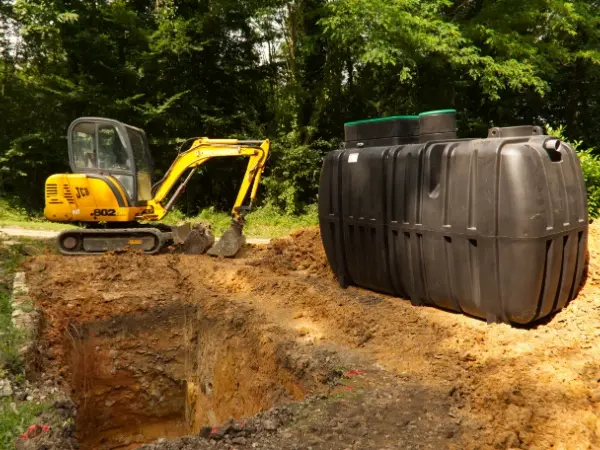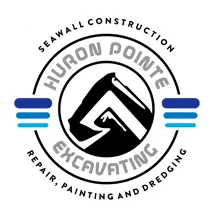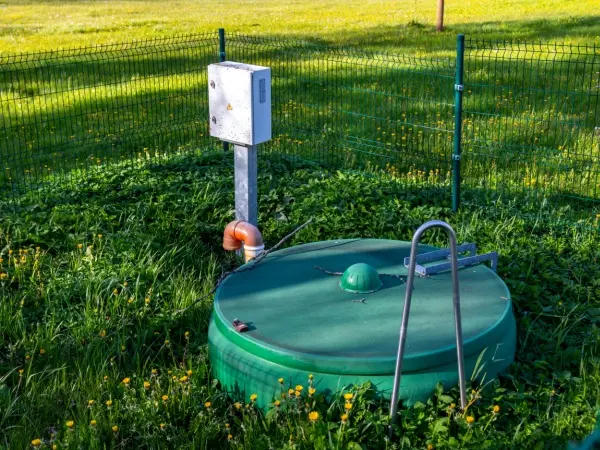Septic Installation
Septic systems are designed to treat and dispose of household wastewater underground on the property. This treatment system is most often found in individual homes in rural or suburban areas that are not serviced by a municipal sewer system. At Huron Pointe Excavating in Harrison Township, MI, we perform septic installation for new builds as well as repairs and replacements for existing septic systems.
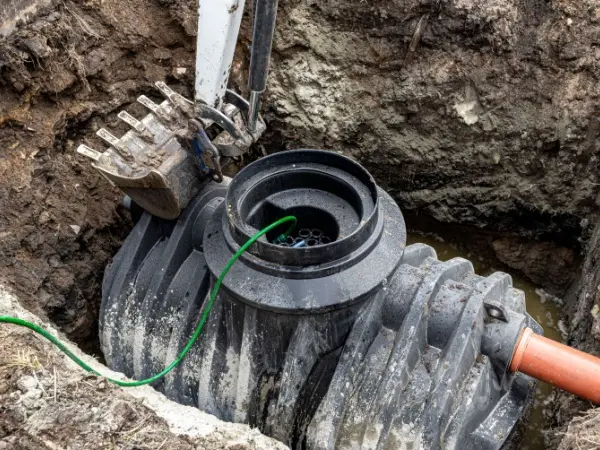
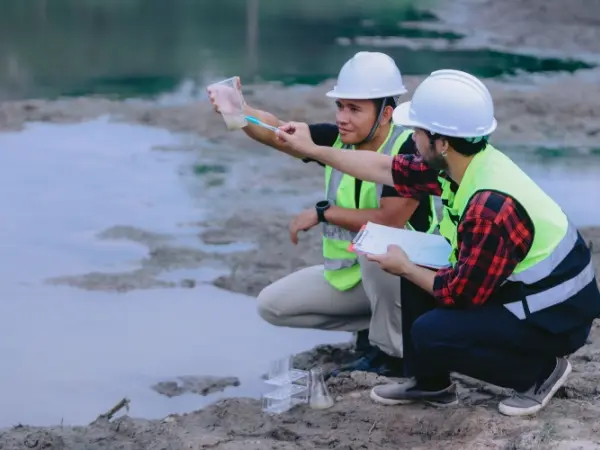
The Septic Installation Process
Also known as a decentralized wastewater treatment system, septic systems are an underground network of pipes. They manage the waste from sinks, drains, and toilets. There are a series of steps that must occur before, during, and after installation to ensure this project is a success.
- Consultation: Meet with an experienced contractor who understands your local code and has already built septic systems like the one you need.
- Assessment: The contractor will assess the soil and how it behaves through a perc test and other measurements. Surveys regarding topography, space, and well location are also done. Results inform whether a conventional or alternative septic system is needed.
- Installation: Licensed contractors are required to build a complex plumbing project like a septic system which is customized to the unique location and makeup of a property. The basic components of the system include a distribution box, drainfield, and septic tank.
- Inspection: Septic systems must pass inspection once septic installation is complete. If the system is not installed to code, leaks, structural problems, and fines could occur.
Maintain a Healthy System After Septic Installation
A well-installed, properly maintained septic system should never be something a homeowner has to think about all that much. Follow these best practices to maintain a healthy system and avoid costly repairs.
- Have an expert at the ready: Know a septic installation expert who can perform regular maintenance and pumping to prevent backup and make any necessary repairs.
- Practice proper waste disposal: Do not flush non-biodegradable items like baby wipes and feminine hygiene products and do not pour harsh chemicals or excess household cleaners down the drain, including cooking oil, paint, or pharmaceuticals.
- Get consistent maintenance: Septic tanks must be pumped every two or three years by a septic service professional. This is a good time to have the pro conduct an inspection and check for damage or wear too.
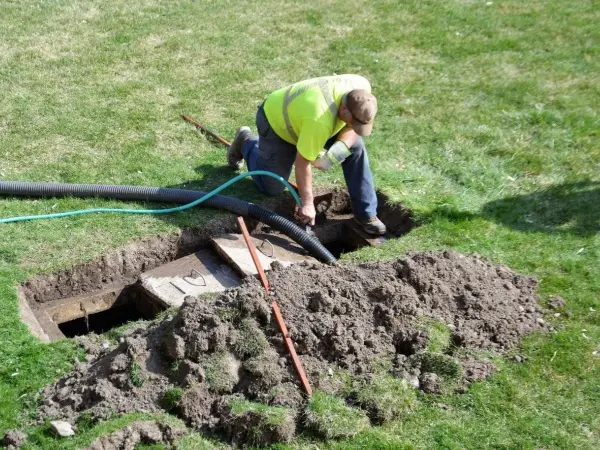
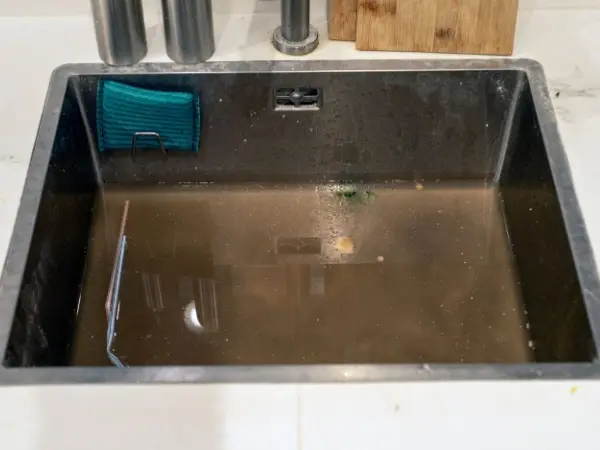
Signs of Problems with a Septic System
If your septic system malfunctions, you’ll know immediately. The inconvenience is foul and unpleasant, not to mention stressful. These problems do not automatically mean you have done something wrong, but it is necessary to hire a septic installation expert to have the issue diagnosed and addressed immediately to avoid further complications.
- Foul smells: If there are unpleasant odors around indoor plumbing fixtures or outside drainfield, the septic tank may be full, poorly vented, or suffer from a broken pipe.
- Backed up or slow drains: A clogged system makes itself known with slow drains and sewage backups.
- Gurgling sounds: A gurgling noise often indicates that the septic tank is full and the system may need to be pumped.
- Soggy yard: If there are wet spots or standing water over the drainfield by the septic tank, the system may be clogged, overloaded, or the soil is saturated.
Get a Septic Installation Contractor and Other Sewer Services in Michigan
If you have a septic system on your property, or if you are interested in a property for a new build and need to assess the area for septic installation, contact Huron Pointe Excavating in Harrison Township. Allow us to help you figure out this essential part of your household, get it installed properly, and keep things moving properly. Call us to schedule a consultation.
